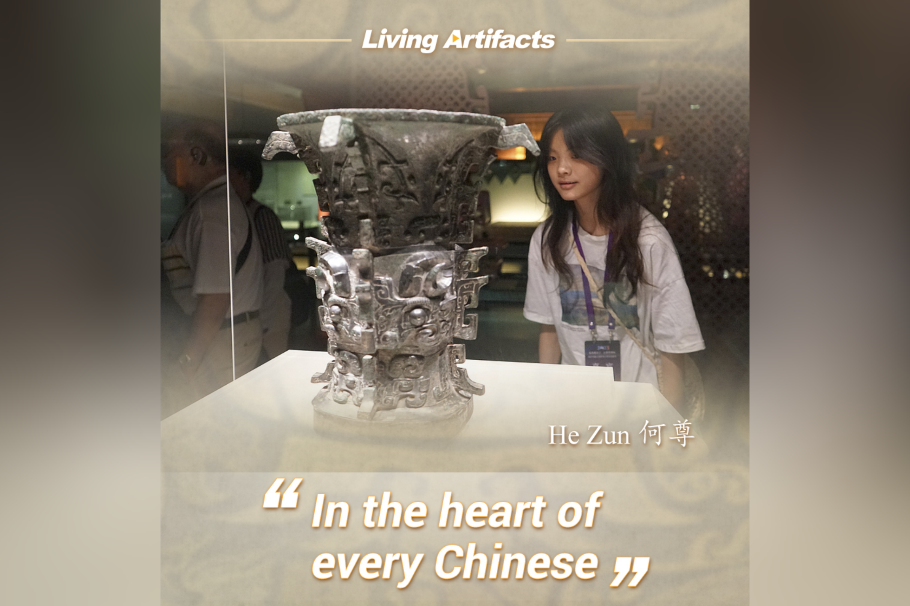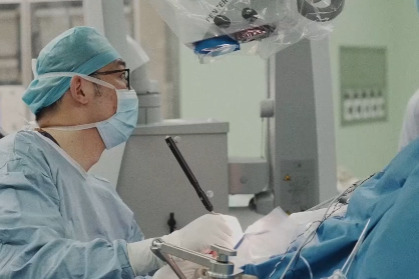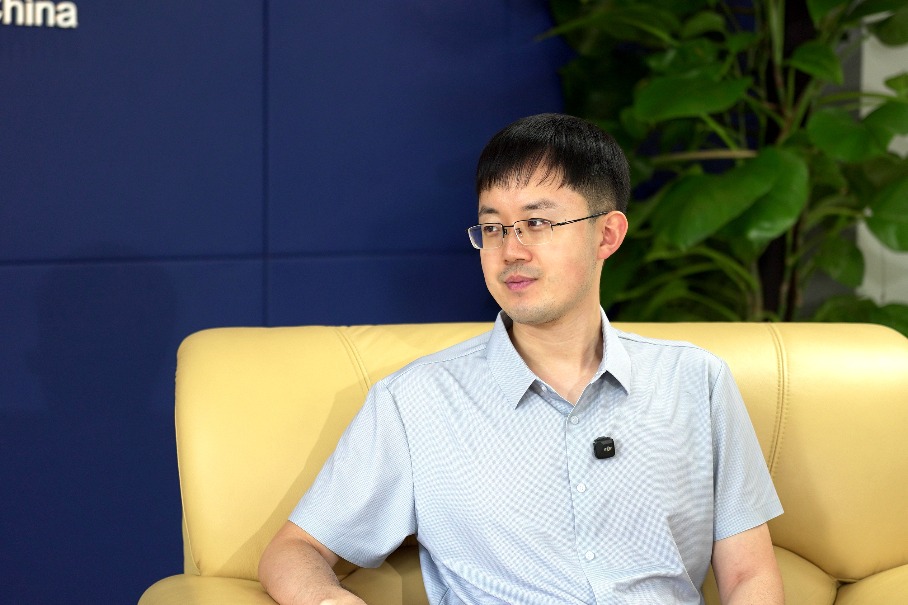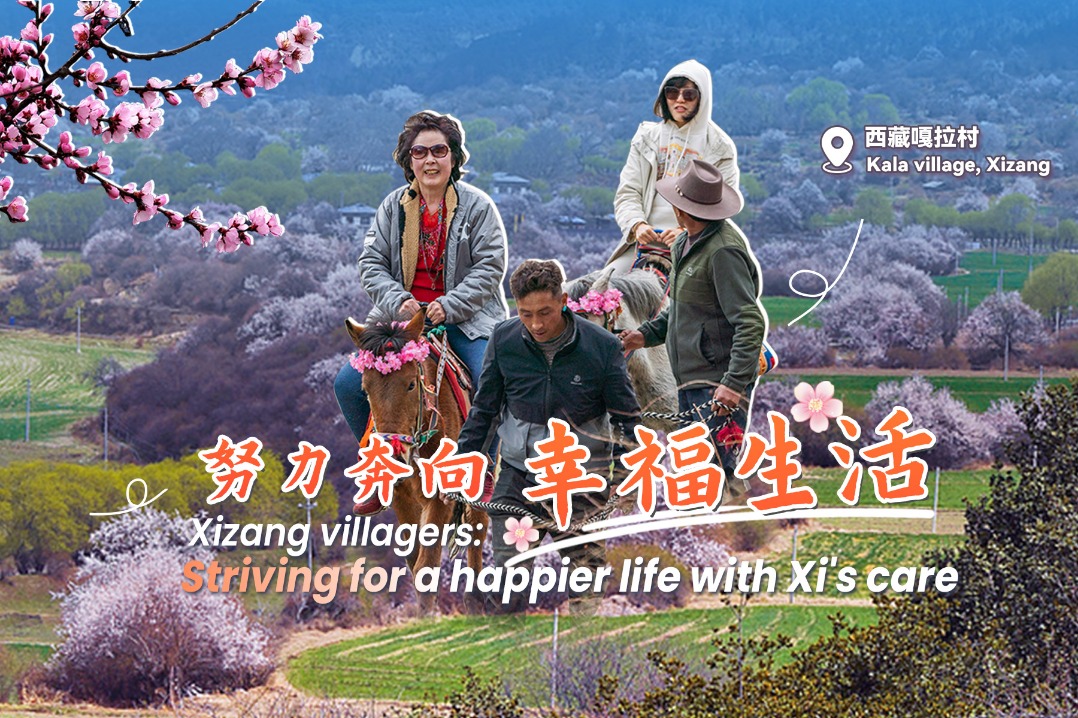Driving Force


Chinese carmakers are beating a path to Africa, attracted by its rapidly growing infrastructure and rising wealth
In a 16,000-square-meter factory in Addis Ababa, workers in royal blue uniforms load 12,000 vehicle spare parts into a storage area while 36 cars shipped from China and brought from the port of Djibouti 560 kilometers away are loaded onto nine trucks outside.
|
|||
With cars assembled in Ethiopia, others delivered to Kenya and heavy trucks sold to Nigeria and Ghana, and light trucks assembled in South Africa, Chinese vehicle makers are continuing to build a solid reputation for products that are not only inexpensive, but easily serviceable.
The main driving forces behind this success story are the continent's abundance of natural resources and its rapidly developing infrastructure and communications, tourism, manufacturing and agriculture.
Just how strong that growth is is borne out in robust average GDP of about 6 percent in recent years, according to the World Bank, in a continent of nearly 1 billion people, a big proportion of them under 30.
Apart from Lifan, other bigger Chinese carmakers, such as Beiqi Foton Motor Co Ltd, Anhui Jianghuai Automobile Co Ltd, Great Wall Motors Co Ltd and Changan Automobile Group Co, have been lured to Africa, seeing it as a strategic platform in their global ambitions.
Zhang Wei, vice-chairman of the China Council for the Promotion of International Trade, says rapid industrialization and urbanization in Africa have also been important.
"Continued foreign and domestic investments in infrastructure development such as roads and the expansion of towns will be key components in supporting economic growth in Africa, at least over the next decade, which will create favorable conditions to boost car sales in this developing but dynamic market."
The China Chamber of International Commerce says vehicle sales in Africa account for 2.2 percent of the global figure, largely driven by an emerging middle class of more than 60 million people throughout the continent, which offers a tantalizing marketplace for Chinese and other carmakers.
Chongqing Lifan Industry (Group) Co, whose turnover in Ethiopia and Djibouti totaled the equivalent of $18 million last year, is the first foreign carmaker to set up an assembly plant in Ethiopia and focus on beefing up ties with government bodies and companies.
Ai Yi, general manager of Lifan in Ethiopia, says that those groups account for more than 60 percent of the company's orders.
The country is still in the early stages of economic development, and the strategic sectors of financial services, transport and retailing are under state control. That means that when it comes to buying cars, the government is one of the biggest customers.
"Toyota is our main competitor in Ethiopia and of course they are second-hand ones, which are widely used as business vehicles and cars for higher-income families," says Ai, 34, who has been working in Ethiopia for two and a half years.
He is speaking in a conference room on the second floor of Lifan's flagship store in central Addis Ababa, a city in which the high attitude makes walking just a few paces exhausting, and Ai jokes that it is easy to forget things because of the lack of oxygen.
Toyota has dominated the Ethiopian car market since the 1980s, and about six out of 10 vehicles, new and old, on the streets of the Ethiopian capital are from the Japanese company.
However, even second-hand Toyotas are not cheap here, fetching as much as $57,000. In contrast, prices for Lifan vehicles assembled locally or imported from China range from $16,000 to $22,000.
After discovering the price differential, Lifan spent $15 million setting up the Addis Ababa plant in 2010. It now employs 140 local workers alongside 13 Chinese managers and engineers.
It can produce 3,000 vehicles a year, consisting of cars and medium-sized coaches, and accounting for 70 percent of the vehicles produced in Ethiopia. Apart from government departments and utilities, the African Union headquarters in Addis Ababa and Chinese infrastructure construction companies are the main buyers.
Ma Yonggang, deputy director of the Lifan plant, says the company relies on its price advantage to compete with Japanese and European second-hand cars and is trying to grab a bigger share of the country's family vehicle market.
"Unlike in China, where cars are purely consumer products, Ethiopians treat them as lucrative assets. Since the nation's economy still relies heavily on agriculture and on aid from the Western world, people believe that the value of cars rises in value just like the US dollar and the euro, no matter whether they are new or used.
"Based on this one market characteristic and steady economic growth, demand in Ethiopia will gradually move to private sellers and buyers."
Ethiopia was one of six African countries that made it into the top 10 fastest-growing economies in the world over the last decade, according to research by The Economist magazine using IMF figures.
To reach its goal, Lifan will spend another $15 million on a vehicle spare parts plant, expand the current assembly plant and set up another two showrooms in Addis Ababa this year. In the meantime, the company will add 22 dealerships to widen its service and sales network across the country.
"Establishing an assembly plant is the most common model that Chinese carmakers have adopted in Africa," says Ahmed Shide, Ethiopian state minister of finance and economic development.
"The big advantage in doing that is that you can reduce tariffs legally and effectively."
For example, in Ethiopia duties can be up to 60 percent of an imported vehicle's price, but duty on the imported parts needed to build a vehicle are less than 5 percent.
In addition, the average wage is about 800 yuan a month, whereas a worker in Chongqing, in Southwest China, who has completed an apprenticeship can get at least 2,700 yuan a month.
Today's Top News
- China to strengthen disaster management
- Xi's letter uplifts nation's young people
- Actor hailed for joining CPC at 92
- Sino-German ties set to be strengthened
- Capital market set for further policy boost
- China, US to implement 'hard-won' outcomes agreed at London talks



































